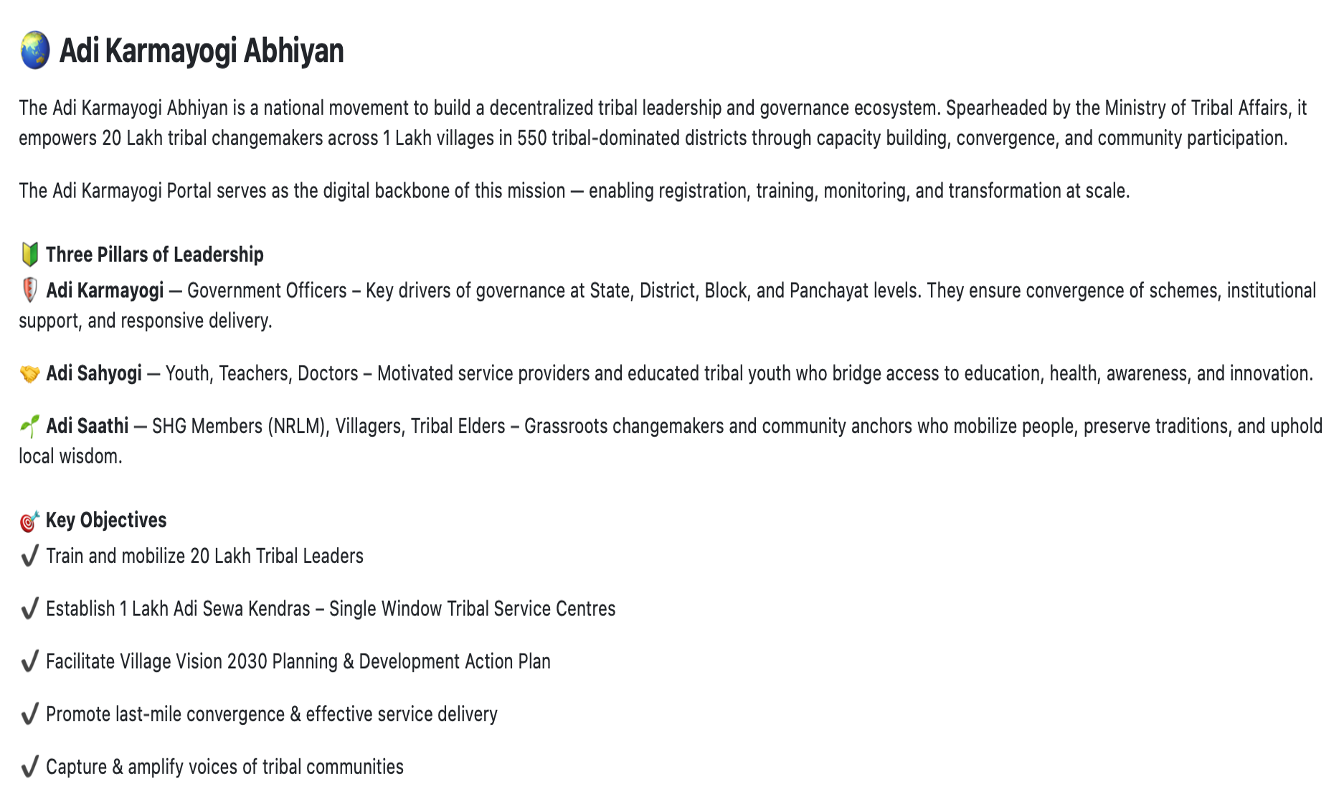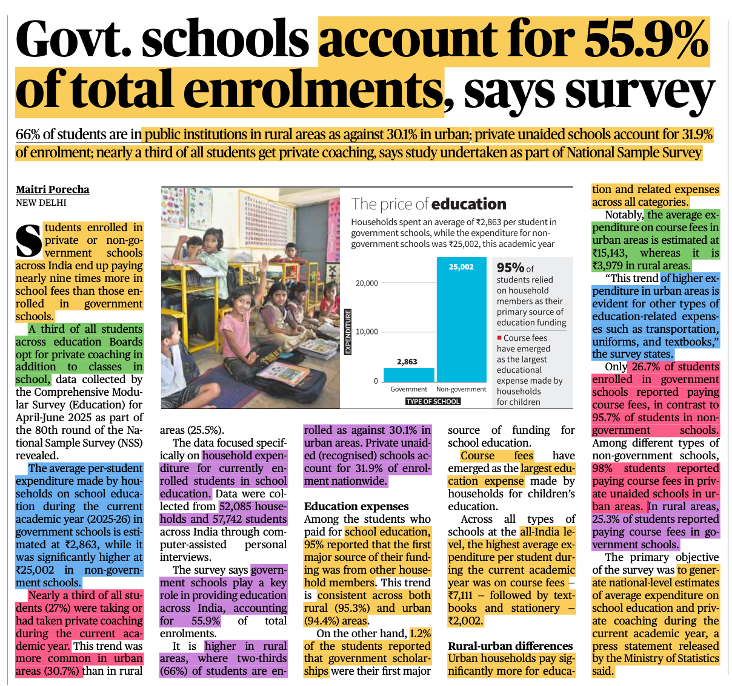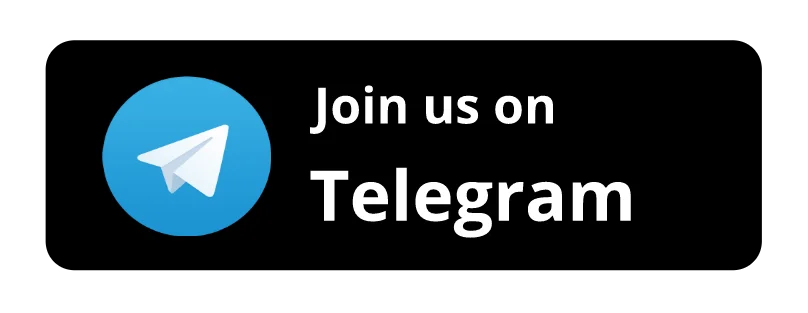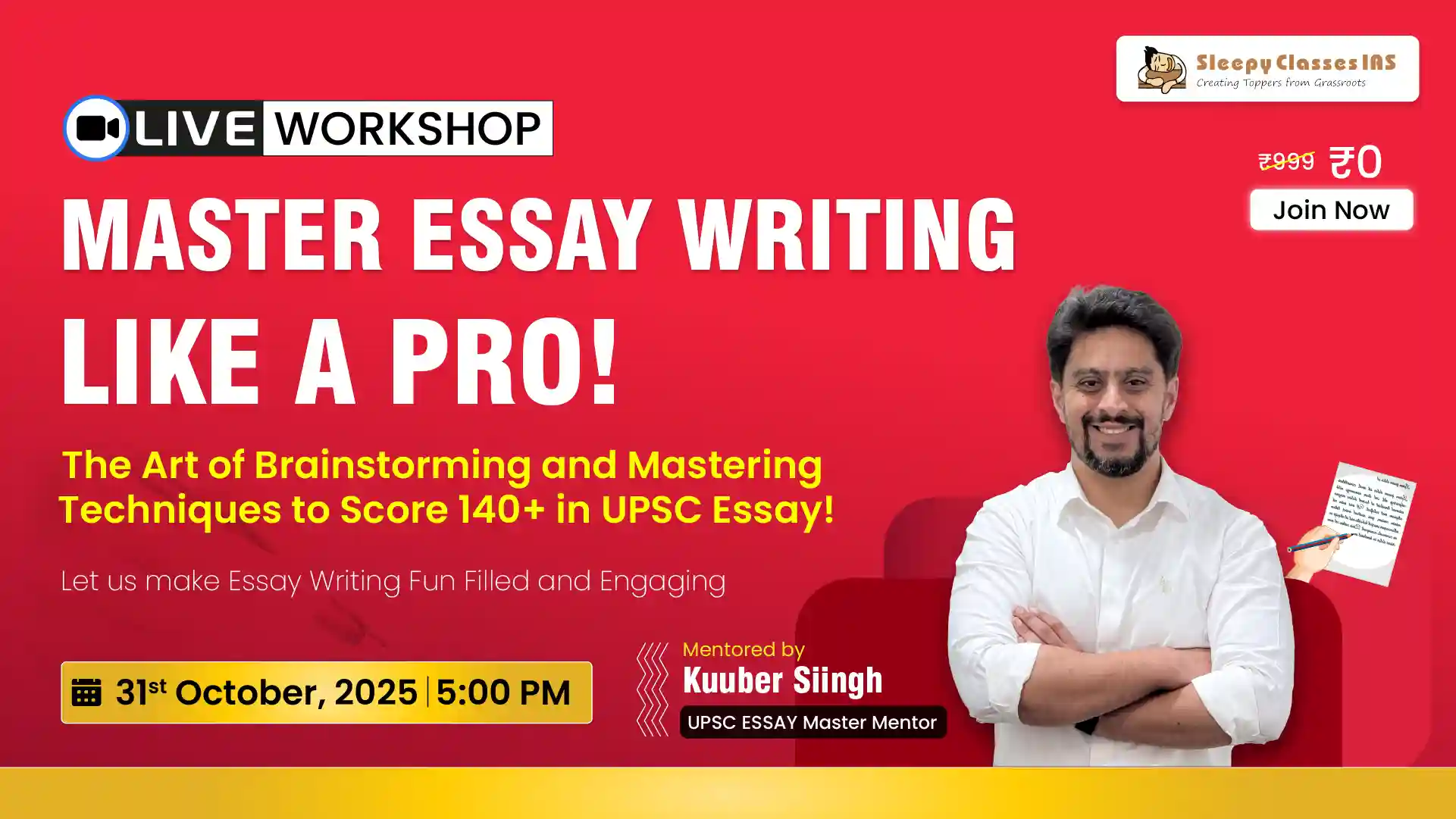Question 1
Governance | Scheme | Medium | The Hindu
SOURCE
Which among the following is not the objective under Adi Karma yogi Abhiyaan?
A. Train and mobilize 20 Lakh Tribal Leaders
B. Capture & amplify voices of tribal communities
C. Establish 10 Lakh Adi Sewa Kendras – Single Window Tribal Service Centres
D. None of the above
Solution & Detailed Explanation
Answer: (C) Establish 10 Lakh Adi Sewa Kendras – Single Window Tribal Service Centres
Detailed Explanation

Question 2
Polity | Judiciary | Easy | The Hindu
SOURCE
Which among the following is not a ground for Judicial Review?
A. Proportionality
B. Procedural propriety
C. Legitimate expectation
D. None of the above
Solution & Detailed Explanation
Answer: (B) Procedural propriety
Detailed Explanation
- The five traditional grounds for judicial review are: Illegality, Irrationality, Procedural Impropriety, Proportionality, and Legitimate Expectation. These grounds allow courts to assess whether a public body’s decision-making was lawful, reasonable, and fair, ensuring that public authorities operate within their powers and follow proper procedures.
- Illegality: This ground challenges a decision made by a public authority when it acts outside the scope of its legal power or misunderstands the law.
- Irrationality: A decision can be deemed irrational if it is so unreasonable that no reasonable person would have made it, often failing the Wednesbury Test.
- Procedural Impropriety (or Unfairness): This ground arises when a public body fails to follow proper procedures, such as the basic rules of natural justice, in its decision-making process.
- Proportionality: This ground considers whether the action taken by the public authority is proportionate to the objective it aims to achieve, or if it is more than is necessary to achieve that goal.
- Legitimate Expectation: This principle allows for challenges when a public body has a legitimate reason to expect something, and then fails to act accordingly, leading to an unfair outcome.
Question 3
Environment | Pollution | Medium | The Hindu
SOURCE
Consider the following:
1. A carbon credit is a tradable permit or certificate.
2. carbon credit is based on the cap-and-trade model that was used to reduce sulfur pollution in the 1990s.
Which of the statements above is or are correct?
A. 1 only
B. 2 only
C. Both 1 and 2
D. None of the above
Solution & Detailed Explanation
Answer: (C) Both 1 and 2
Detailed Explanation
- Carbon credits are permits that allow the owner of the credit to emit a certain amount of carbon dioxide or other greenhouse gases (GHGs). One credit allows the emission of one ton of carbon dioxide or the equivalent of other greenhouse gases.
- The ultimate goal of the carbon credit system is to reduce the emission of GHGs into the atmosphere.
KEY TAKEAWAYS
- Carbon credits were devised as a mechanism to reduce greenhouse gas emissions.
- Companies receive a set number of credits that decline over time. They can sell any excess credits to another company.
- Carbon credits create a monetary incentive for companies to reduce their carbon emissions.
- They’re based on the cap-and-trade model that was used to reduce sulfur pollution in the 1990s.
Question 4
Current Affairs | Society | Medium | The Hindu
SOURCE
Consider the following:
1. A third of all students across education Boards opt for private coaching in addition to classes in school.
2. The average expenditure on course fees in urban areas is estimated at 215,143, whereas it is 23,979 in rural areas.
Which of the statements above is or are correct?
A. 1 only
B. 2 only
C. Both 1 and 2
D. None of the above
Solution & Detailed Explanation
Answer: (C) Both 1 and 2
Detailed Explanation

Question 5
Polity | Majority | Medium | The Hindu
SOURCE
Which among the following does not require a simple majority?
A. To pass money bill
B. National Emergency
C. Financial Emergency
D. President’s Rule
Solution & Detailed Explanation
Answer: (B) National Emergency
Detailed Explanation
- A money bill requires a simple majority of all members present and voting in the Lok Sabha to be passed. While the Rajya Sabha can recommend amendments, the Lok Sabha is not bound by these recommendations and can reject them. If the Rajya Sabha does not return the bill within 14 days, it is considered to have been passed by the Parliament.
- For the Proclamation of a National Emergency to be approved or continued in India, Parliament requires a special majority in both Houses. This special majority means the resolution must be passed by a majority of the total membership of that House AND by a majority of not less than two-thirds of the members present and voting.
- A financial emergency in India, declared by the President under Article 360, requires simple majority (majority of members present and voting) in both Lok Sabha and Rajya Sabha for its approval and continuation. This approval must be obtained within two months of the proclamation’s issuance.
- To approve President’s Rule in a state, both houses of India’s Parliament must approve the President’s proclamation by a simple majority within two months of its imposition. If the proclamation receives this simple majority approval, it will be in effect for up to six months and can be extended for further six-month periods, though a total duration of three years is the general limit, with special conditions for extensions beyond one year.
Question 6
International Relations | International Organisations | Easy | The Hindu
SOURCE
Consider the following:
1. India is not a member of the SCO.
2. New York is the headquarters of QUAD.
Which of the statements above is or are correct?
A. 1 only
B. 2 only
C. Both 1 and 2
D. None of the above
Solution & Detailed Explanation
Answer: (B) 2 only
Detailed Explanation
- The Shanghai Cooperation Organisation (SCO) includes the following ten member nations: China, India, Iran, Kazakhstan, Kyrgyzstan, Pakistan, Russia, Tajikistan, Uzbekistan, and Belarus.
- It’s a Eurasian political, economic, and security organization that was founded in 2001, with its members working to enhance regional peace, security, and economic cooperation.
- The Quadrilateral Security Dialogue (Quad) is a strategic forum of countries that does not have a centralized headquarters. Instead, the Quad, which comprises the United States, India, Japan, and Australia, conducts its business through various meetings, such as summits and minister-level meetings, which are held in different member countries, for example, India hosted the 2024 summit in Washington D. C.
Question 7
Current Affairs | GI Tags | Medium | The Hindu
SOURCE
Consider the following pairs:
Ambaji White Marble – Maharashtra
Miraj Tanpura – Gujarat
Sanjhi Craft – Uttar Pradesh
How many pairs is or are correct?
A. Only one
B. Only two
C. All three
D. None of the above
Solution & Detailed Explanation
Answer: (A) Only one
Detailed Explanation
- Ambaji White Marble – Gujarat
- Miraj Tanpura – Maharashtra
- Sanjhi Craft – Uttar Pradesh








